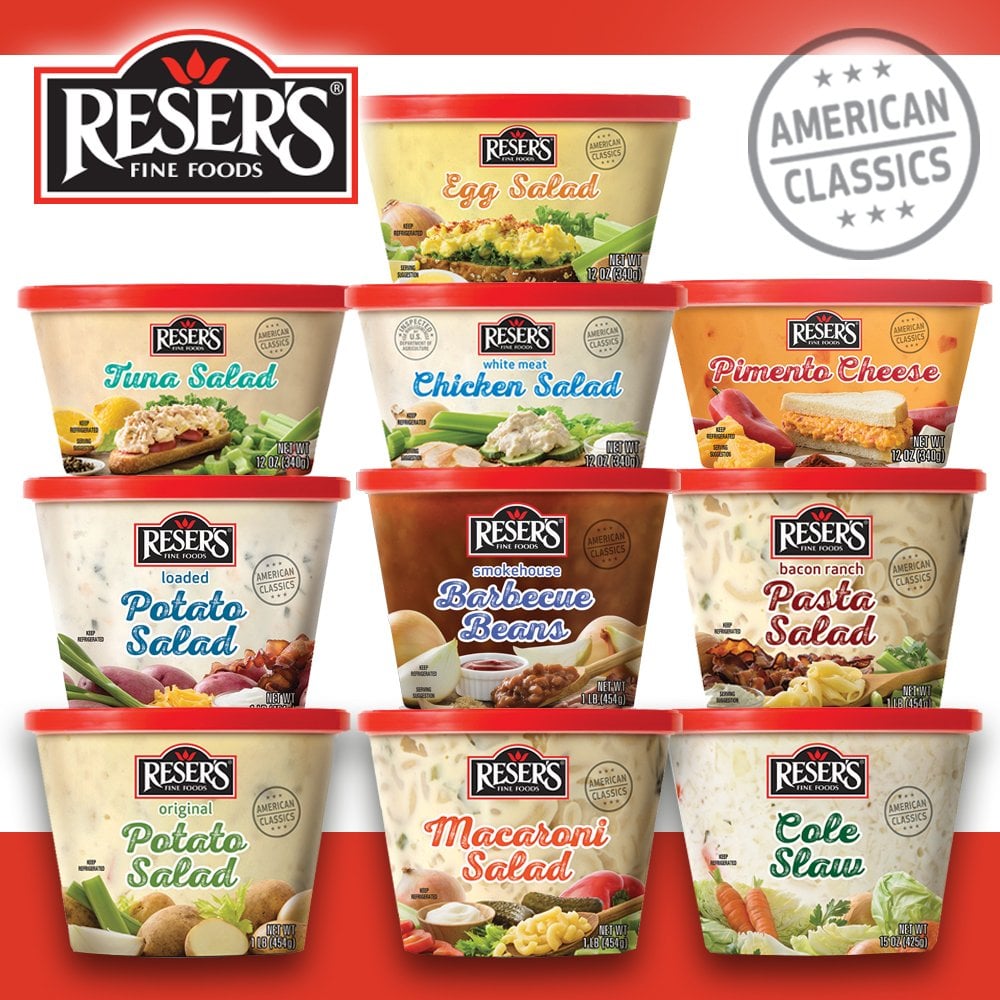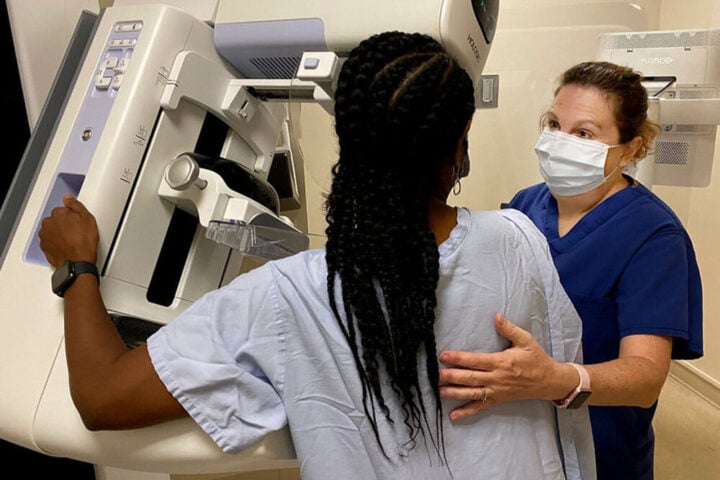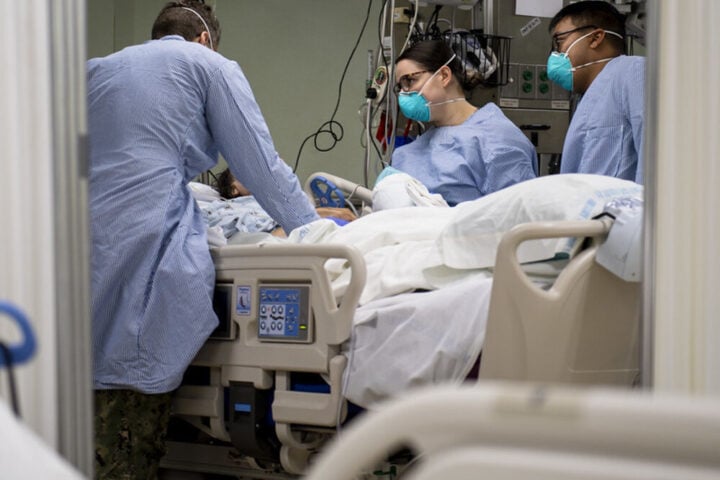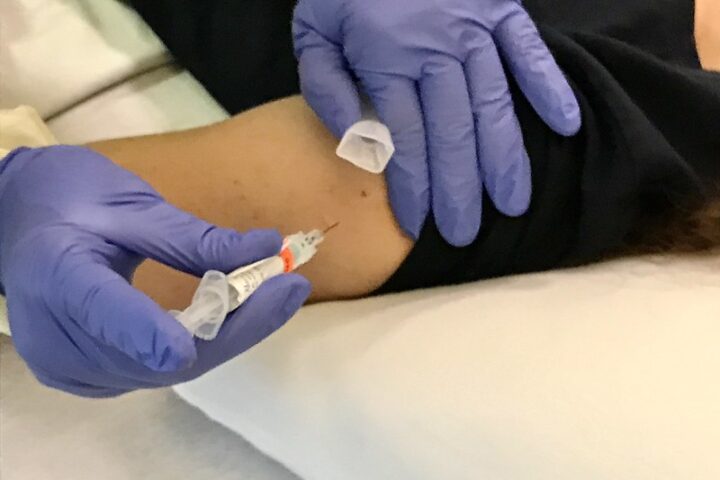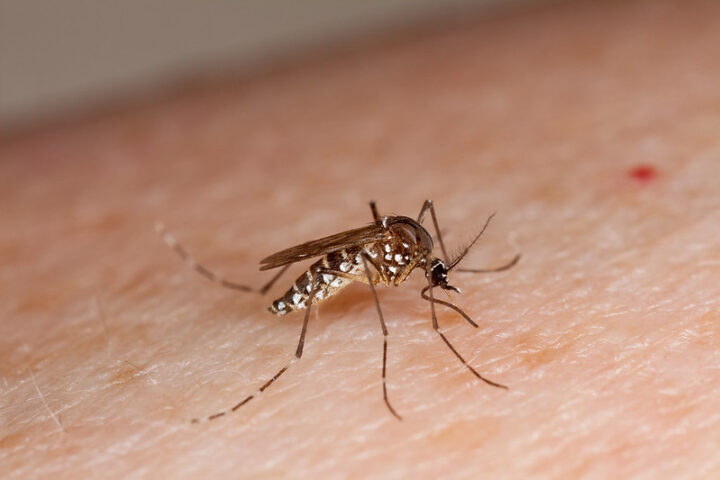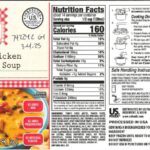In a move that’s stirring up concern in kitchens across several states, Reser’s Fine Foods has voluntarily recalled multiple products, including its popular macaroni and cheese varieties, as reported by Newsweek. This recall serves as a stark reminder of the importance of proper food storage and the potential health risks associated with temperature-abused foods. Let’s dive into the details of this recall and what it means for consumers.
The Scope of the Recall: More Than Just Mac & Cheese
While the headline-grabbing item is undoubtedly the beloved comfort food staple, the recall extends far beyond just macaroni and cheese. Here’s a comprehensive list of the affected products:
- Reser’s American Classics Macaroni & Cheese White Cheddar (12 oz)
- Reser’s American Classics Macaroni & Cheese (12 oz)
- Reser’s Essential Everyday Original Potato Salad (16 oz)
- Reser’s American Classics Scalloped Potatoes (12 oz)
- Reser’s American Classics Asiago Creamed Spinach (12 oz)
- Reser’s Kit HF Banana Pudding (4.8 lbs)
- Reser’s Sweet Corn with Butter (4 lbs)
- Stonemill Kitchens Green Goddess Pasta Salad (5 lbs)
- Reser’s Raspberry Parfait Desserts (8 lbs)
- Gravy Homestyle (4 lbs)
- Reser’s Smokehouse Potato Salad (5 lbs)
- Reser’s American Classics Egg Salad (12 oz)
- Baked Scalloped Potatoes (2.5 lbs)
- Potatoes Creamy Deluxe Special Request (5 lbs)
The Root Cause: Temperature Abuse and Food Safety
The recall was initiated due to a malfunctioning refrigeration unit on a trailer, leading to what food safety experts call “temperature abuse.” This occurs when perishable foods are exposed to temperatures outside the safe range for an extended period, potentially allowing harmful bacteria to proliferate.
Dr. Robert Tauxe, Director of the Division of Foodborne, Waterborne, and Environmental Diseases at the CDC, explains, “Keeping perishable foods at the right temperature is crucial. When foods are stored above 40°F (4°C), bacteria can grow rapidly, increasing the risk of foodborne illnesses.”
Understanding the FDA’s Risk Classification
The U.S. Food and Drug Administration (FDA) has assigned a Class II risk categorization to this recall. But what does that mean for consumers?
According to the FDA’s official definition, a Class II recall involves “a situation in which use of or exposure to a violative product may cause temporary or medically reversible adverse health consequences or where the probability of serious adverse health consequences is remote.”
In simpler terms, while the risk of severe illness is low, consuming these products could still lead to temporary gastrointestinal discomfort or other mild health issues.
Identifying Affected Products: What to Look For
For consumers who may have purchased these items, it’s crucial to check the product codes. The recalled macaroni and cheese products are labeled with the codes 7117.02009 and 7117.02123, which can be found on the bar codes.
Distribution Areas: Is Your State Affected?
The recalled products were primarily distributed in:
- California
- Minnesota
- North Dakota
- South Dakota
However, it’s important to note that secondary distribution may have occurred, potentially expanding the affected areas.
Similar Posts
Reser’s Fine Foods has previously issued voluntary recalls:
- Aldi Deli Macaroni Salad (32 oz): This product, with a Use By Date of June 3, 2024, was recalled due to an incorrect label that failed to mention wheat as an allergen.
- Hill Country Fare Mustard Potato Salad (48 oz/3 lbs): This product, with a Use By Date of July 26, 2024, was recalled because of the potential presence of hard plastic pieces in the package. No injuries have been reported related to this issue.
Consumer Action: Steps to Take
If you’ve purchased any of the listed products, here’s what you should do:
- Do not consume the product.
- Dispose of it immediately or return it to the place of purchase for a full refund.
- If you’ve already consumed the product and are experiencing symptoms such as nausea, vomiting, or diarrhea, consult your healthcare provider.
The Bigger Picture: Food Recalls in 2024
This recall is part of a larger trend of food safety vigilance in 2024. The FDA and the Agriculture Department’s Food Safety and Inspection Service reported over a dozen food product recalls in August alone, ranging from meat and spices to popsicles.
Frank Yiannas, former Deputy Commissioner for Food Policy and Response at the U.S. Food and Drug Administration (FDA), noted, “Voluntary recalls are a critical component of a company’s food safety culture. They demonstrate a commitment to consumer health and safety, and help maintain trust in the food supply chain.”
Staying Informed: How to Keep Up with Food Recalls
To stay on top of food safety alerts:
- Regularly check the FDA’s recall website
- Sign up for email notifications from foodsafety.gov
- Follow reputable food safety organizations on social media
The Role of Manufacturers in Food Safety
Reser’s Fine Foods, describing itself as “one of the largest family-owned and -operated prepared foods businesses,” has taken a proactive approach with this voluntary recall. This action underscores the critical role that manufacturers play in maintaining the integrity of the food supply chain.
Larisa Pavlick, Vice President of Global Regulatory and Compliance for the United Natural Products Alliance says, “Food recalls, including supplements, prior to FSMA were considered voluntary in most situations. However, FDA had their ways of influencing companies to recall products that were in violation of the regulation or were a public health risk”
Conclusion: A Reminder of Food Safety Vigilance
This recall serves as a crucial reminder of the importance of proper food handling and storage, not just for manufacturers but for consumers as well. By staying informed and taking prompt action when recalls occur, we can all play a part in safeguarding our health and the health of our communities.
Remember, when it comes to food safety, it’s always better to err on the side of caution. If you have any doubts about a food product, it’s best to dispose of it safely. Your health is worth more than any meal.
